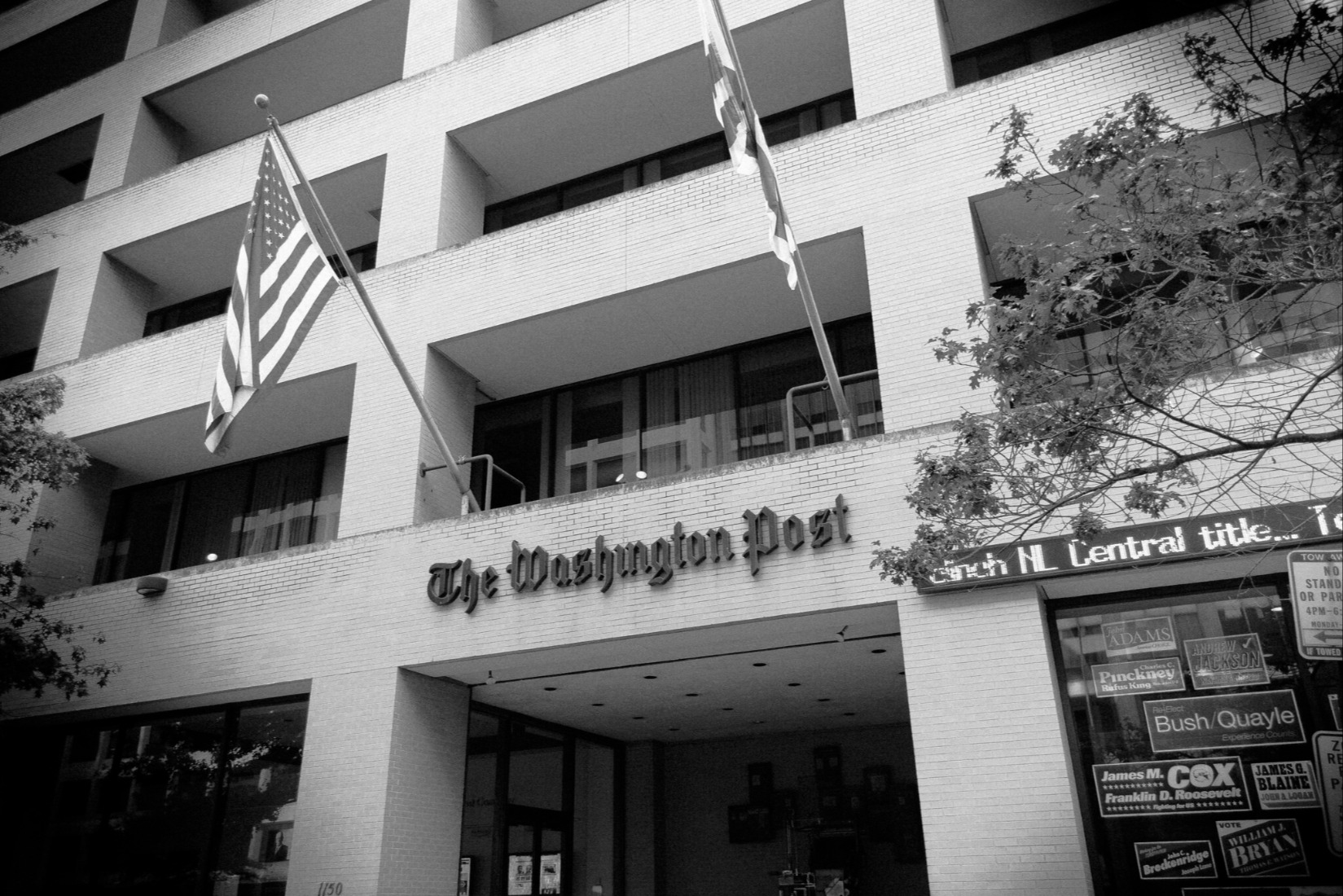Senator Whitehouse's Commentary on Why Americans Hate Government Surveillance but Tolerate Corporate Data Aggregators
Senator Whitehouse's thoughtful commentary on "Why Americans Hate Government Surveillance but Tolerate Corporate Data Aggregators" deserves consideration by everyone -- he asserts that corporate interests have a vested interest in fueling public suspicion of government, and thus that Americans are much less tolerant of government surveillance than of corporate surveillance.
Senator Whitehouse's thoughtful commentary on "Why Americans Hate Government Surveillance but Tolerate Corporate Data Aggregators" deserves consideration by everyone -- he asserts that corporate interests have a vested interest in fueling public suspicion of government, and thus that Americans are much less tolerant of government surveillance than of corporate surveillance. But his explanation leaves out a more basic fact: consumer-facing corporate entities provide a visible service for their users, while government efforts to enhance security provide an invisible service.
The service from corporate entities is not the ads that are highly tailored to my needs---it's the search engine or the communications platform or the shareable photos or the news updates on my friends. But the service provided by government is the absence of bad things (such as terrorist attacks), and it's patently clear that people don't particularly notice such absences.
In this asymmetric environment, it's not at all surprising that the public is more skeptical of government than of corporate surveillance. The public gets to decide which corporations will provide value, and chooses to patronize them, while they have no such choice about government, which serves everyone.





